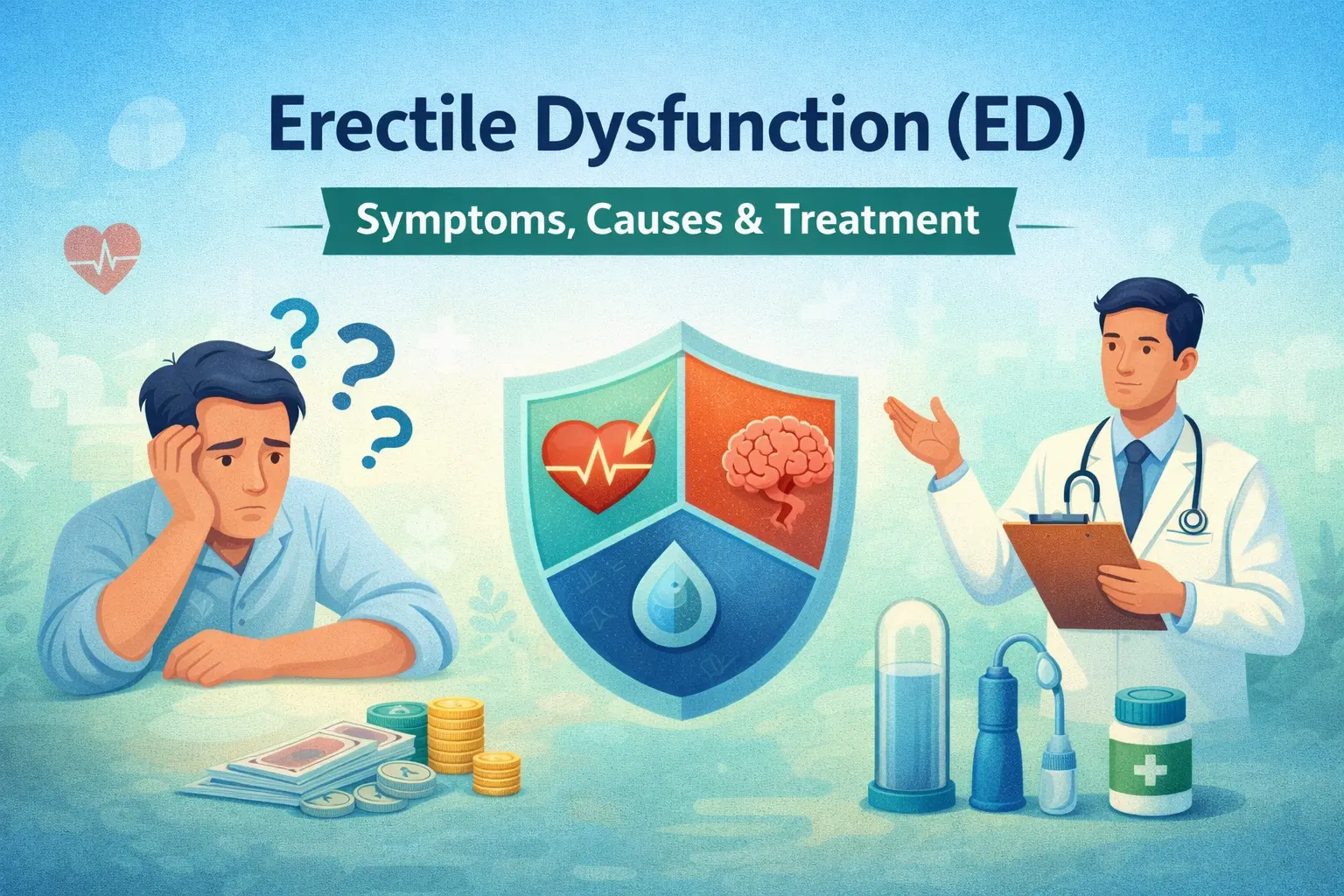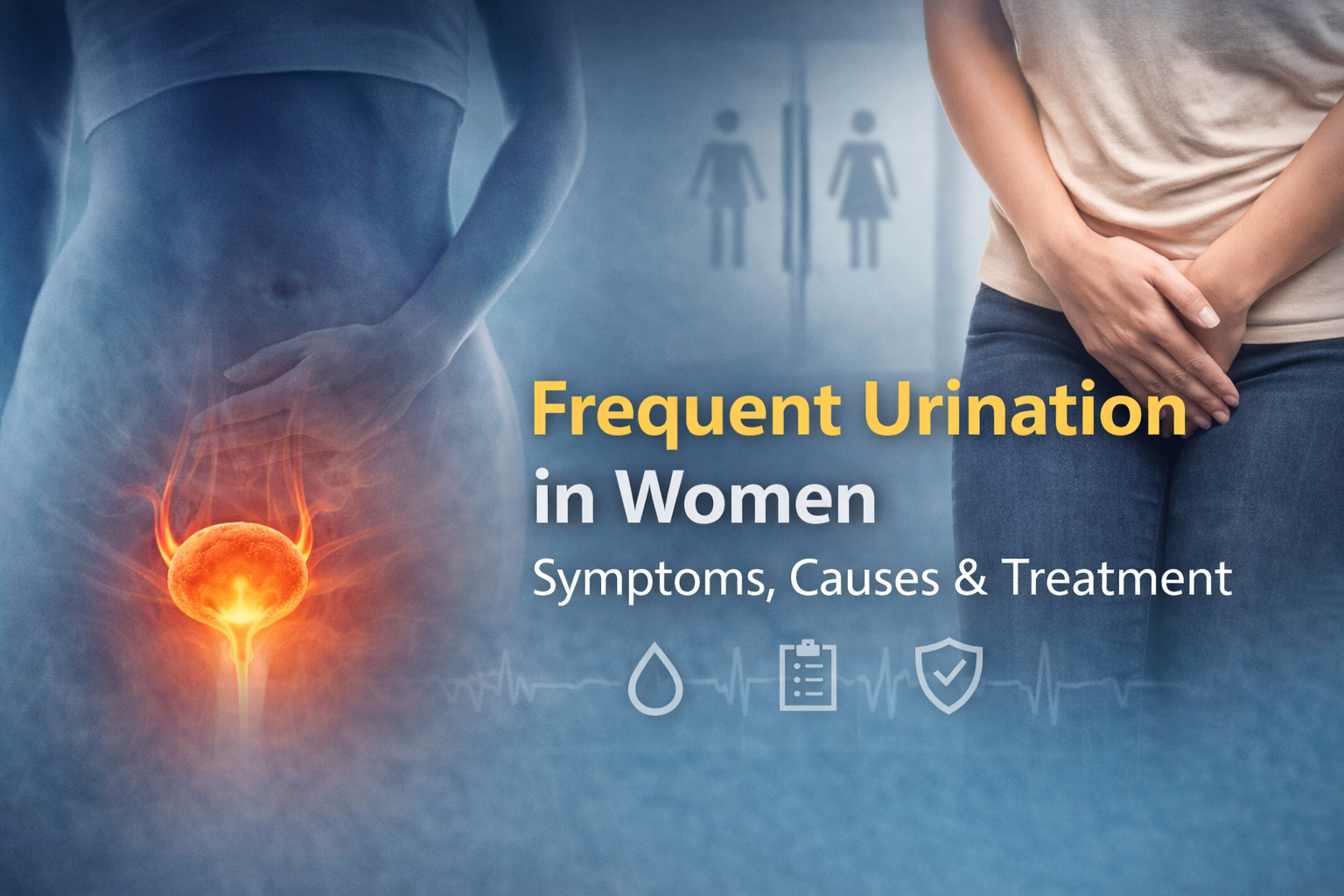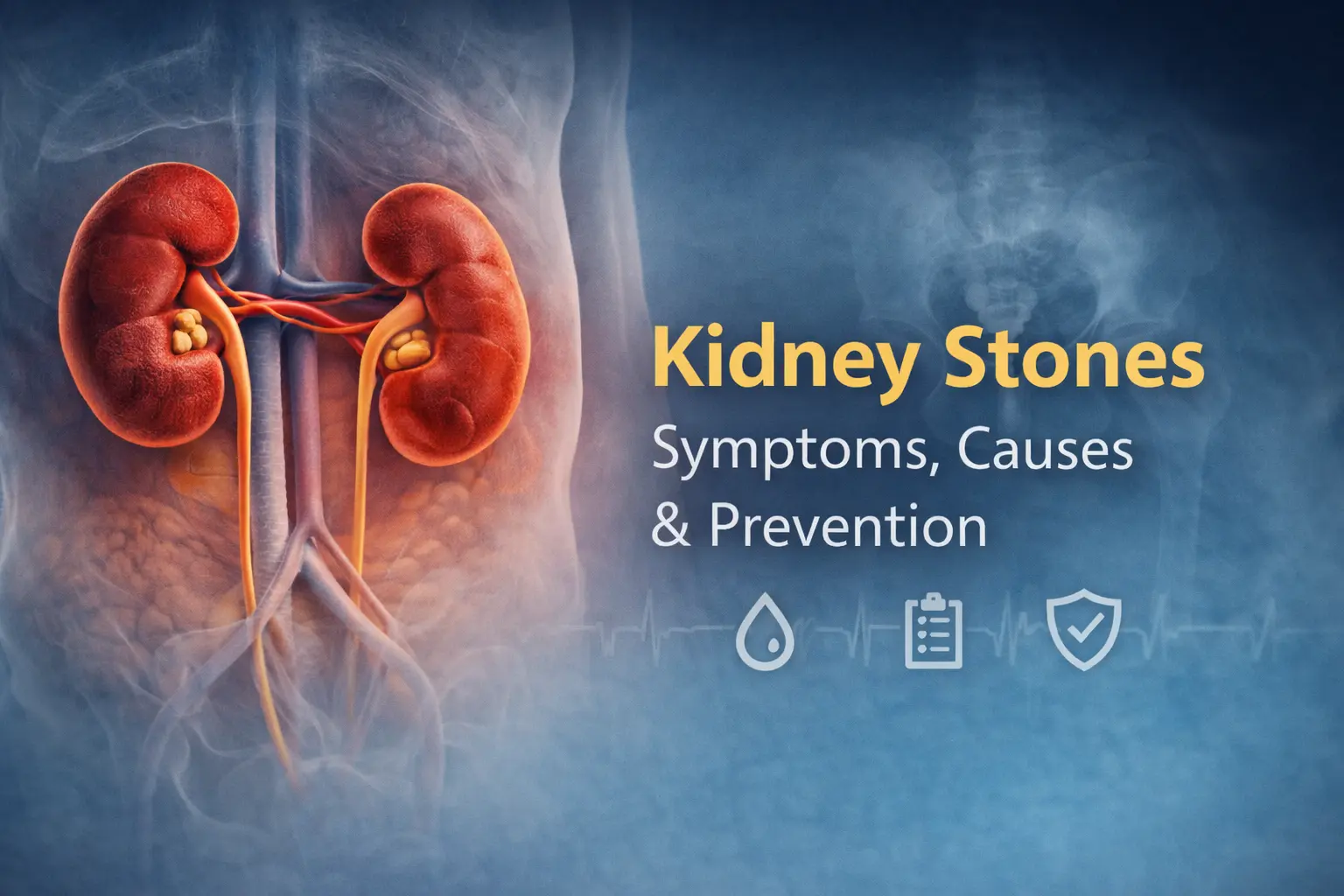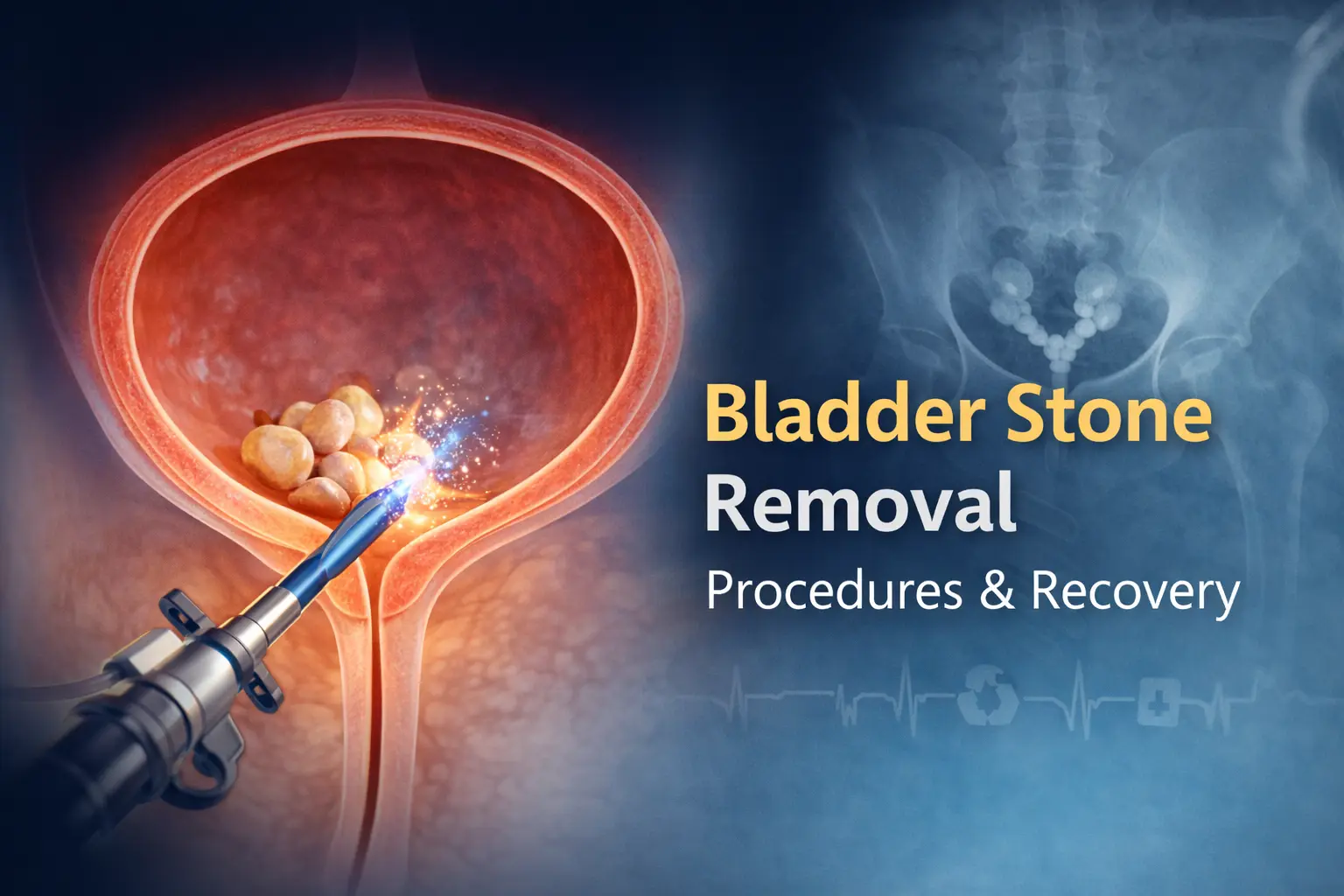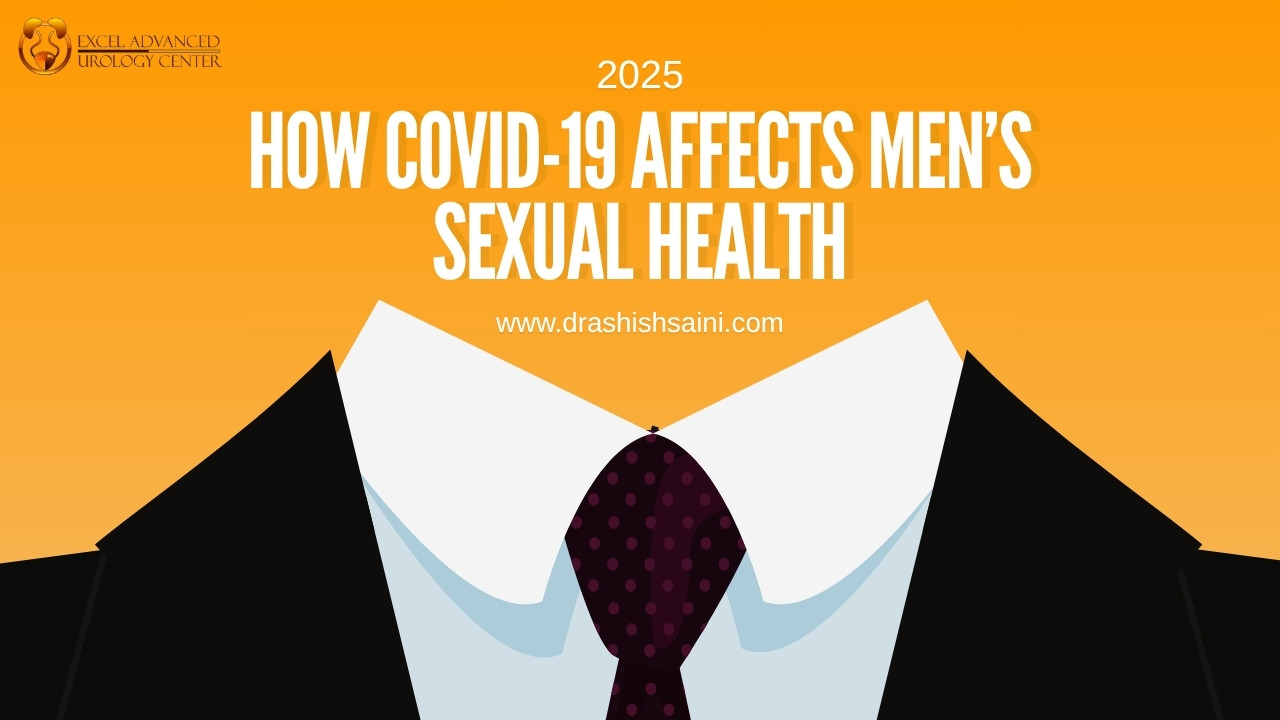
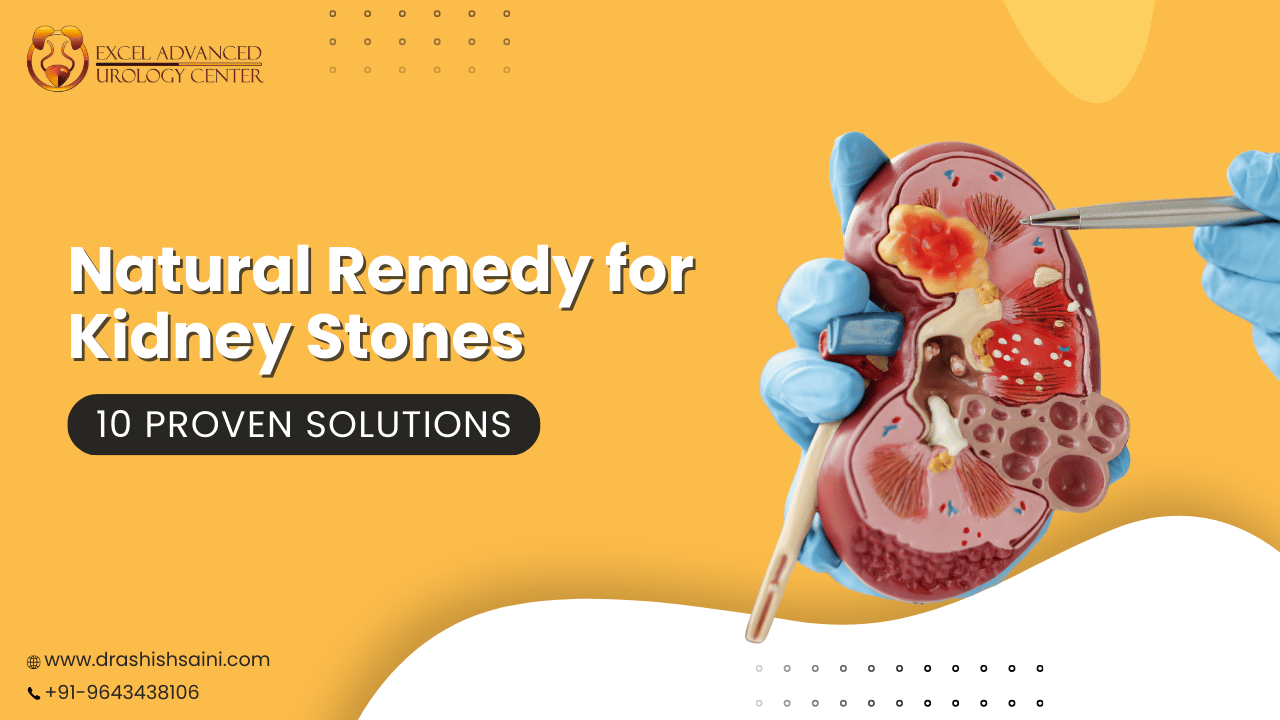
The COVID-19 pandemic, initially perceived as a respiratory illness, has revealed far-reaching effects on nearly every organ system in the body. While most discussions have centered around lung damage, heart complications, and mental health issues, another significant yet often overlooked impact is on men's sexual and reproductive health.
Recent studies suggest that COVID-19 may increase the risk of erectile dysfunction (ED), lower testosterone levels, and impair sperm production. These changes may persist for weeks or even months after recovery, affecting both physical health and intimate relationships. In this comprehensive guide, we examine how COVID-19 impacts men’s sexual health, the biological and psychological mechanisms behind it, and actionable steps to address these complications.
Can COVID-19 Cause Erectile Dysfunction (ED)?
Yes. Current research supports a direct and indirect relationship between COVID-19 and erectile dysfunction. Multiple peer-reviewed studies have established:
A measurable drop in erectile function scores post-infection.
Increased incidence of ED in COVID-19 survivors, even those with mild cases.
Decreased testosterone levels and disruptions in sperm quality and quantity.
For example, a 2023 study published in Frontiers in Reproductive Health (PMC10467192) found a statistically significant decrease in the International Index of Erectile Function (IIEF-5) scores among men after recovering from COVID-19. The average score dropped from 20.4 to 18.6, with over 39.6% of participants reporting worsened erectile function.
How COVID-19 May Impact Male Reproductive Health
Virus Presence in Testicular Tissue
SARS-CoV-2, the virus responsible for COVID-19, uses angiotensin-converting enzyme 2 (ACE2) receptors to infiltrate cells. These receptors are highly expressed in the testes, making them vulnerable to viral damage.
Impacts include:
Damage to Leydig and Sertoli cells in the testes, essential for testosterone production and sperm development.
Impaired spermatogenesis, affecting fertility.
Decreased testosterone levels, resulting in fatigue, low libido, and erectile difficulties.
A study by Kresch et al. (2021) even detected the virus in penile and testicular tissues months after infection, supporting the hypothesis of long-term reproductive disruption.
The Link Between COVID-19 and Erectile Dysfunction (ED)
Vascular Damage and Blood Flow Disruption
Erections rely heavily on healthy blood flow. COVID-19 is known to damage endothelial cells lining blood vessels, resulting in:
Microvascular inflammation
Formation of small blood clots (microthrombi)
Reduced nitric oxide availability, essential for vasodilation
These vascular issues impair the hemodynamic processes that allow an erection, often resulting in ED. Furthermore, ED is a known precursor to cardiovascular disease, suggesting that COVID-19-related vascular damage has systemic implications.
Quick Fact: ED is often an early warning sign of cardiovascular disease—and COVID-19 hits both systems hard.
Cardiovascular and Neurological Complications
COVID-19 can exacerbate underlying heart conditions or introduce new ones such as:
Myocarditis (inflammation of the heart muscle)
Arrhythmias (irregular heartbeats)
Autonomic dysfunction affecting nerve signals critical for arousal
All these factors contribute to erectile difficulties and reduced sexual satisfaction.
Hormonal and Psychological Effects of COVID-19
Decline in Testosterone Levels
Multiple studies have found a notable decline in testosterone during and after COVID-19 infection. Low testosterone, or hypogonadism, can result in:
Decreased libido
Poor erectile function
Reduced muscle mass and energy
Increased body fat
Low testosterone also contributes to a heightened inflammatory response, compounding blood vessel damage and further deteriorating sexual health.
Mental Health and Sexual Dysfunction
The psychological stress induced by the pandemic has created a perfect storm for sexual dysfunction:
Anxiety and depression reduce libido and make arousal more difficult.
Social isolation affects intimacy and relationship dynamics.
Fear of illness and financial insecurity contribute to performance anxiety.
Even in men who didn’t contract the virus, prolonged psychological distress has led to increased rates of ED.
Medications and Post-COVID Treatments That May Affect Sexual Health
Several drugs used during COVID-19 treatment regimens may have side effects impacting male sexual health:
Corticosteroids: Suppress the hypothalamic-pituitary-gonadal (HPG) axis, lowering testosterone.
Antivirals: Some can impair sperm motility and morphology.
Beta-blockers and antihypertensives: Often used post-COVID for cardiac management, can induce ED.
Long COVID and Chronic Fatigue
"Long COVID" symptoms like chronic fatigue, joint pain, and brain fog can reduce the desire and energy required for sexual activity. Fatigue, in particular, is a common reason cited for decreased libido post-infection.
Who Is Most at Risk?
Risk Factors for Post-COVID Sexual Dysfunction
While any man can experience sexual issues post-COVID, certain factors increase susceptibility:
Pre-existing ED or cardiovascular conditions
Obesity, diabetes, or metabolic syndrome
Smokers and heavy alcohol users
Men over the age of 45
Low baseline testosterone levels
Scientific Findings at a Glance
| Sexual Health Indicator | Before COVID-19 | After COVID-19 | P-Value |
| No Erectile Dysfunction | 45% | 27.8% | .001 |
| Mild to Moderate ED | 12.5% | 24.7% | Significant |
| Moderate to Severe ED | 2% | 6.7% | Significant |
| Average IIEF-5 Score | 20.4 | 18.6 | .000 |
Source: PMC10467192
Recovery and Prevention: What You Can Do
Get Vaccinated
Vaccination is one of the most effective ways to reduce the risk of severe COVID-19 and its long-term complications, including those affecting sexual health.
Wait Before Testing Fertility
If you’re planning to have children, wait at least three months post-recovery before undergoing a semen analysis. This allows hormonal and reproductive functions to stabilize.
Adopt a Healthy Lifestyle
Exercise regularly: Improves blood flow and boosts testosterone.
Eat nutrient-rich foods: Include leafy greens, lean proteins, and healthy fats.
Sleep well: Poor sleep lowers testosterone levels.
Avoid smoking and alcohol: Both are linked to ED.
Manage stress: Practice mindfulness, yoga, or counseling.
11. Seek Professional Help
Persistent ED or libido issues post-COVID should prompt a visit to a urologist or endocrinologist. Hormone panels and imaging may be required to rule out vascular or neurological damage.
Note: Women planning pregnancy after COVID-19 should consult a gynecologist for a thorough reproductive evaluation.
Final Thoughts: Awareness Is the First Step
COVID-19's impact on men's sexual health is a growing concern backed by increasing scientific evidence. From hormonal imbalances to vascular damage and psychological distress, the virus affects sexual function through multiple pathways. Fortunately, many of these effects are treatable or reversible, especially when addressed early.
By maintaining a healthy lifestyle, getting vaccinated, and seeking timely medical advice, men can protect both their reproductive health and overall well-being in a post-COVID world.


